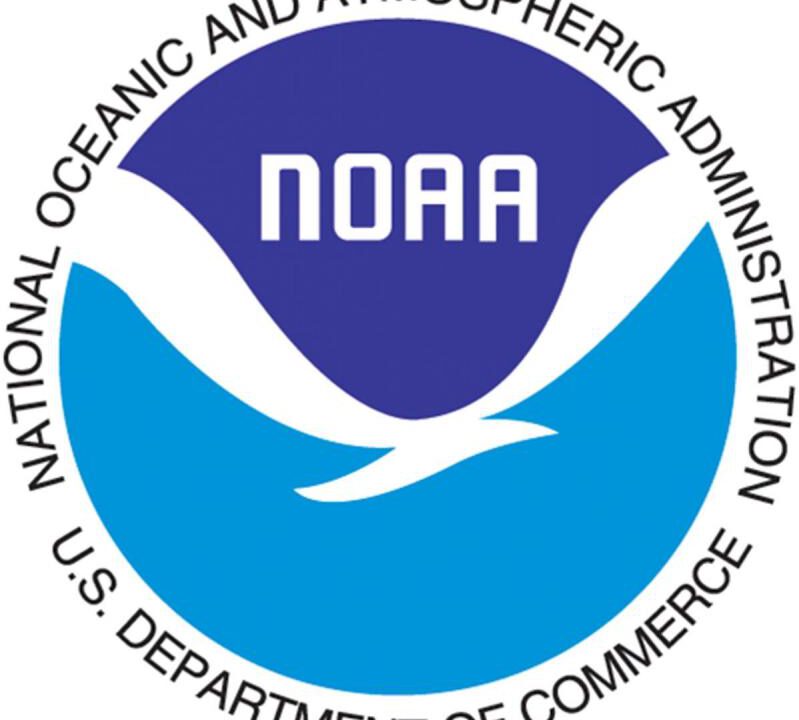
NOAA’s Ocean and Coasts Education Resources
Includes research, cases studies, data, charts, and background information on Ocean Acidification, Ocean Currents, Ocean Floor Features, Ocean Pollution, Tides, and Tsunamis.

Includes research, cases studies, data, charts, and background information on Ocean Acidification, Ocean Currents, Ocean Floor Features, Ocean Pollution, Tides, and Tsunamis.
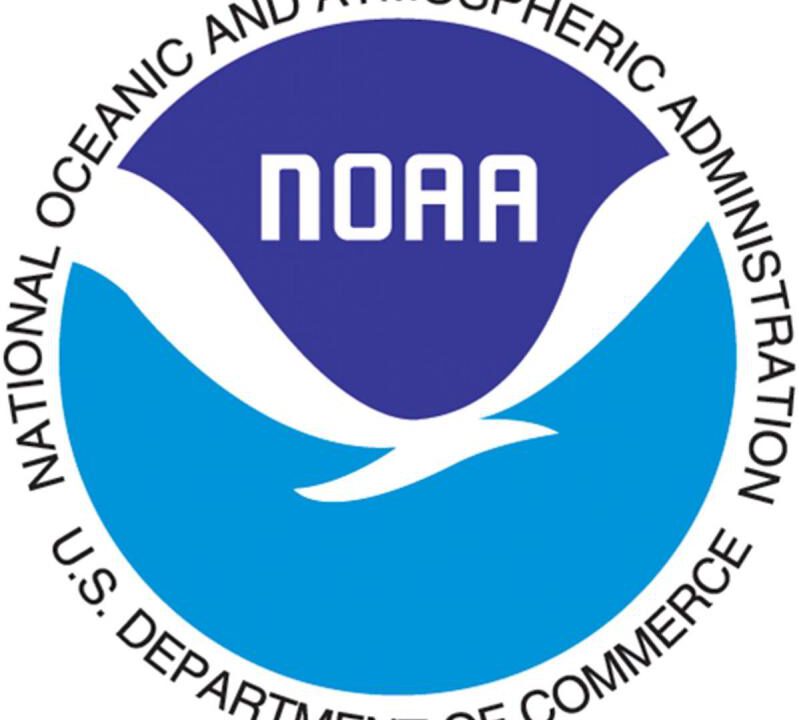
NOAA’S Climate Education resources include activities, research, cases studies, data, charts, and background information on Climate related topics. Topics include Carbon Cycle, Changing Seasons, Climate Change Impacts, Climate Monitoring and
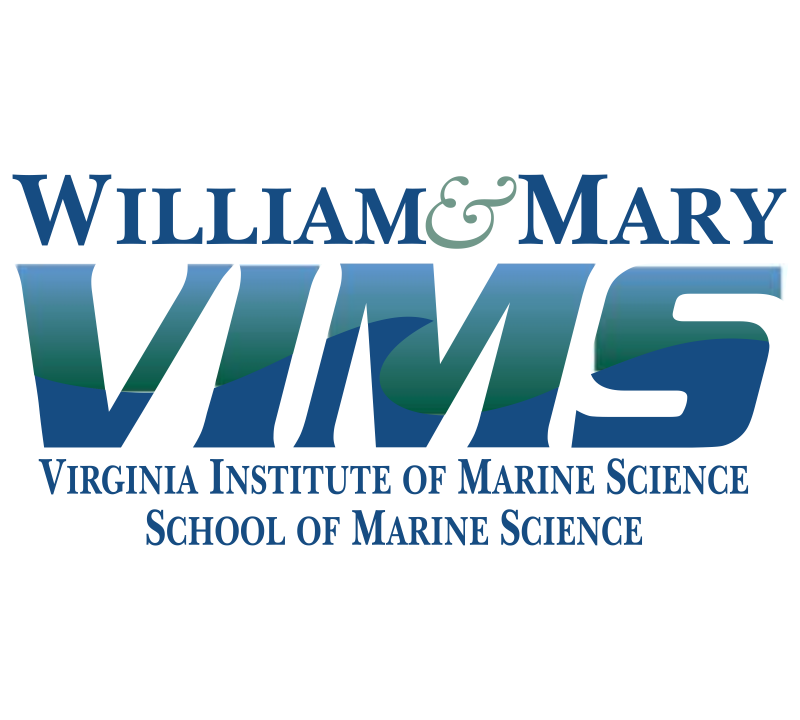
Explore Background information on topics including Biology & Ecology, Physics, Chemistry & Geology, Climate & Atmosphere, Human Activities, Heritage & History, and Technology.
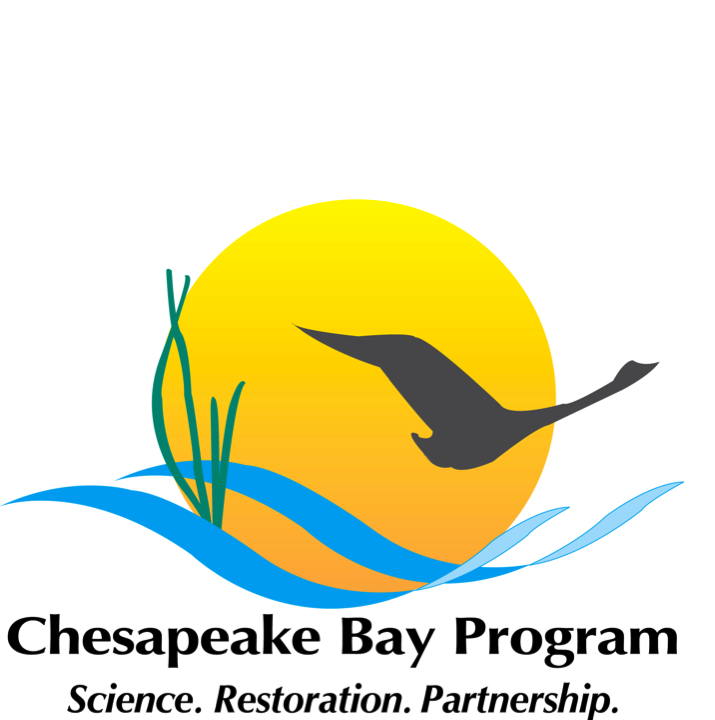
Field Guide: learn more about 250 species of birds, fish, insects, mammals, plants, reptiles, invertebrates, and amphibians in the Chesapeake Bay Watershed Facts & Figures: Discover details about the Chesapeake

Register your school as an Eco School! Students learn environmental responsibility and how to take positive action. Includes Lesson Plans for teachers, Case Studies, Earth Charter for Education Guide, and
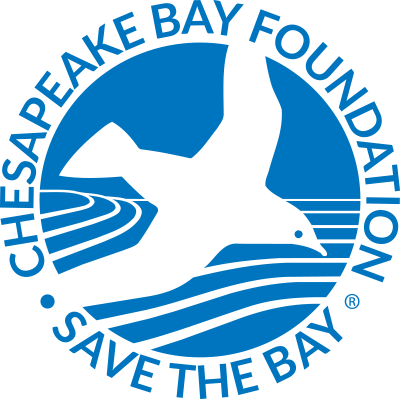
Five tips for students on how to create a strong grant proposal. Includes ability to download Chesapeake Classroom’s Education and Environment focused Grants for K-12 Schools.

Resources include downloadable Lesson Plan Toolkits on different conservation topics. Each toolkit includes two science activities, art activity, science activity, math activity, language arts activity, posters, physical education activity, and

Enjoy this great resource of a collection of field activities, teacher resources, Lesson Plans, Multimedia resources, MWEE activities, and student action projects for their schools and the community. Action projects
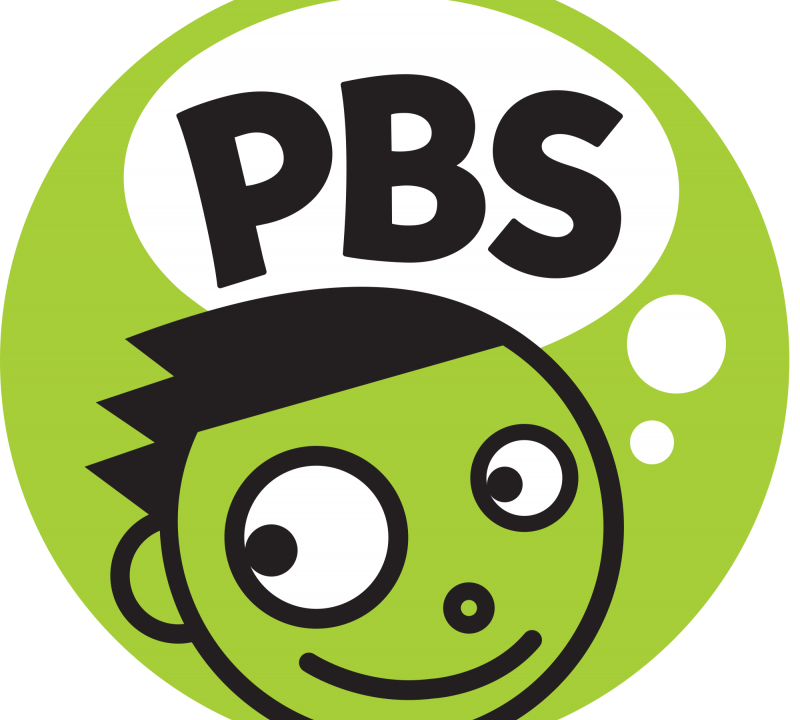
PBS combines with Dr. Seuss to teach students about marine life.
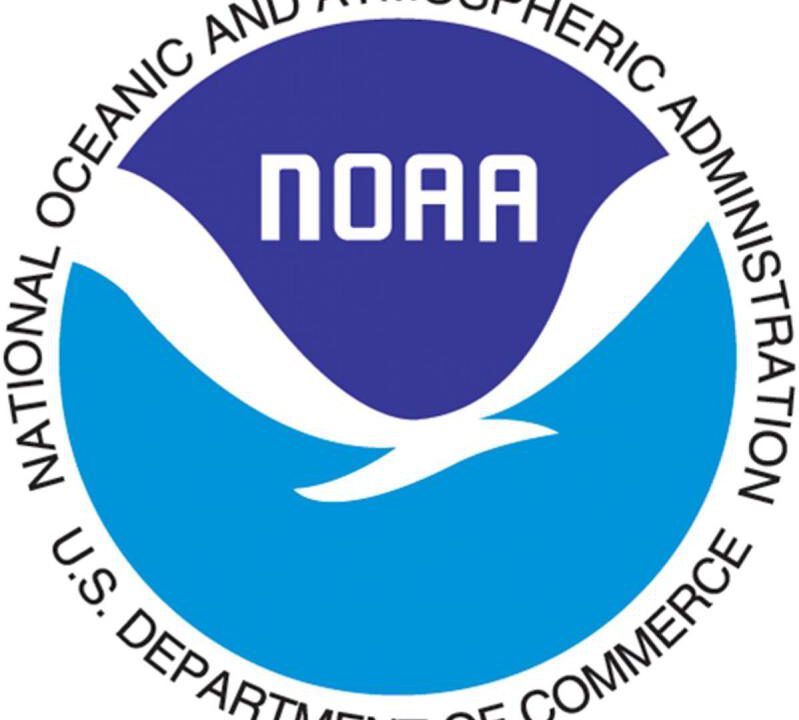
Students make explore the tides, compare tidal height and oxygen levels using data collected at different National Estuarine Research Reserves, and use a model to discover how human development can
Notifications